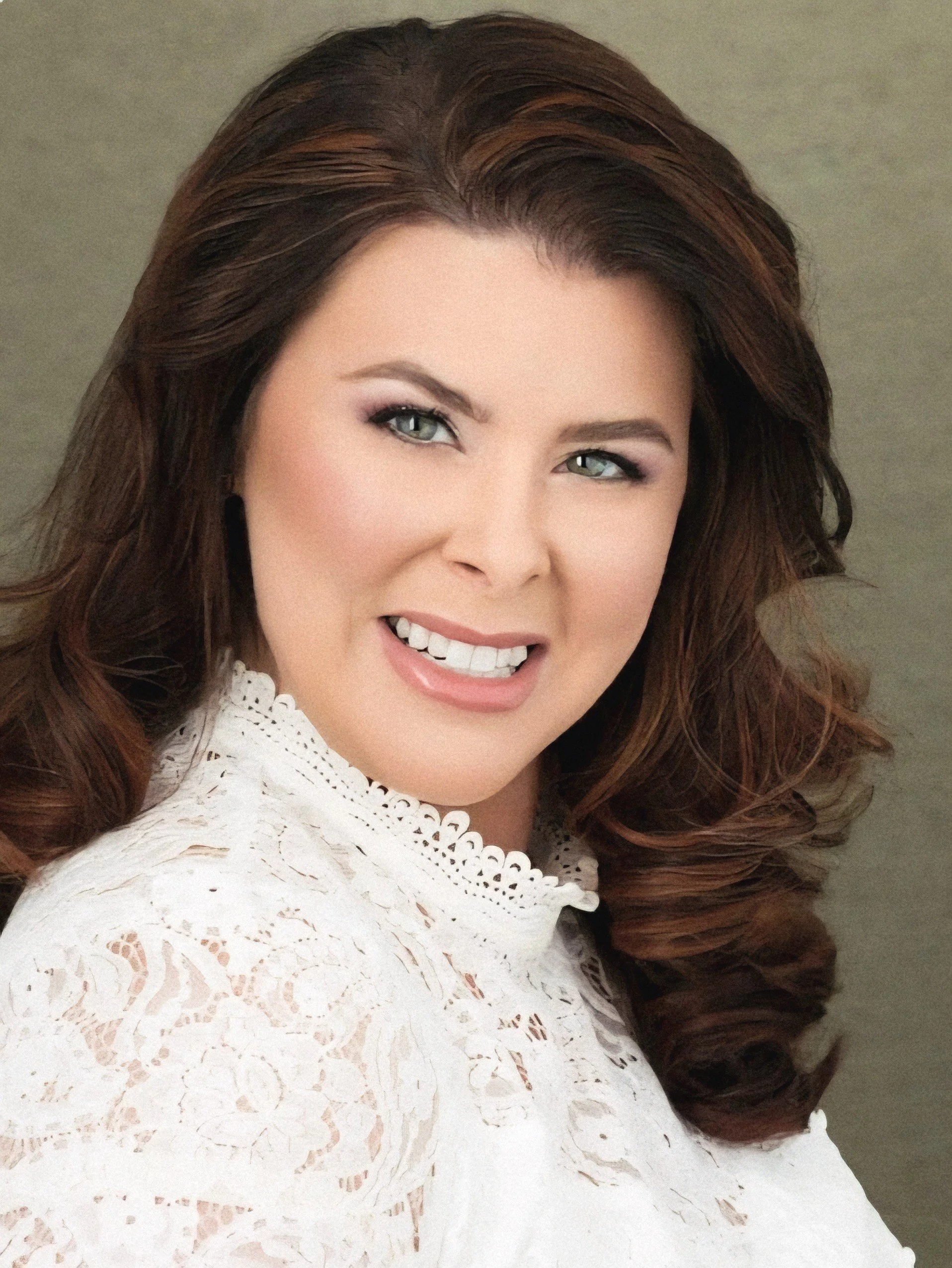Guiding Mental Health Systems, Advancing Cross-Sector Innovation, & Empowering Neurodivergent Leadership
Amber Young is a Licensed Mental Health Counselor (LMHC) and systems strategist combining clinical expertise and lived experience to transform mental health care, support neurodivergent leaders, and drive meaningful societal impact.
“Mental health is more than a personal journey; it’s a societal responsibility. Deep healing is possible when coordinated action takes place across individuals, communities, and systems.”
Grounded Expertise, Visionary Impact
Licensed Mental Health Counselor (LMHC) with experience in OCD, anxiety, and systemic mental health initiatives
Advocate for neurodivergent leadership and cross-sector collaboration
Strategic consultant for organizations, programs, and policy initiatives
With both clinical expertise and lived experience, Amber helps individuals, teams, and organizations navigate complex challenges, implement evidence-informed solutions, and foster systemic change.
About Amber
Amber Young is a Licensed Mental Health Counselor (LMHC) and educator integrating clinical practice with systems-level strategy. She works at the intersection of mental health, neurodiversity, advocacy, and public education. She helps leaders and organizations navigate complex needs with clarity and compassion.
Her work centers trauma-informed approaches, neurodivergent inclusion, and equitable access to care.
Collaborative Consultation & Education
-

Strategic Consultation & Systems Development
Strategic guidance for clinicians, organizations, and leaders developing inclusive, sustainable approaches to mental health. Consultation centers system transformation, equity, and evidence-informed practice.
-

Professional Workshops & Community Learning
Interactive, evidence-informed workshops on OCD, anxiety, neurodiversity, and trauma-informed care. Designed for clinicians, agencies, and community partners looking to deepen understanding and improve practice.
-

Speaking & Advocacy Opportunities
Speaking engagements and advocacy efforts that advance mental health awareness, systems change, and community education at local, state, and national levels.
Trusted Expertise for Strategic Impact
Licensed Mental Health Counselor (LMHC) with extensive clinical and training experience
Specialized understanding of OCD, anxiety, trauma, and neurodivergent inclusion
Systems-level analysis and strategic planning expertise
Advocacy and education that bridges practice, policy, and community
Collaborative partnerships with clinicians, organizations, and policymakers
Leading transformative initiatives that advance mental health systems, strengthen professional capacity, and champion neurodivergent leadership, each program is designed to create measurable impact, foster cross-sector collaboration, and address systemic challenges in mental health care. Explore each initiative to learn how Amber’s work is shaping policy, expanding clinician access, and building sustainable solutions across communities.
Strategic Initiatives Shaping Mental Health & Leadership
-
Amber partners with both national and state policymakers, advocacy organizations, and mental health stakeholders to inform evidence-based legislation and regulatory practices. By integrating clinical expertise with strategic foresight, this initiative supports the development of equitable, effective policies that improve access to care, strengthen workforce sustainability, and drive systemic innovation.
-
Amber is leading the foundation of the Indiana Cross-Discipline Mental Health Coalition, a statewide initiative uniting LMHCs, LMFTs, LCSWs, Psychiatrists, Psychologists, and APRN’s, across practice settings. The Coalition addresses workforce challenges, fosters interprofessional collaboration, and strengthens the delivery of high-quality mental health care throughout Indiana. Through strategic planning, advocacy, and stakeholder engagement, the Coalition builds sustainable systems that benefit both providers and the communities they serve.
Learn More - Coming Soon!
-
The Cassandra Nexus is Amber’s visionary initiative designed to harness the strategic insights of neurodivergent experts in their respective fields to address emerging societal challenges. Currently in development, the Nexus will serve as a hub for interdisciplinary collaboration, thought leadership, and public education. By centering neurodivergent perspectives and amplifying strategic foresight, the project aims to influence systemic change, destigmatize neurodivergence, and build sustainable solutions for communities both within Indiana and beyond.
Learn More - Coming Soon!
Hear From Partners…
-
"Amber’s passion and expertise have had a transformative impact on Indiana’s mental health community. She leads initiatives that connect clinicians, community members, and organizations, while advocating for accessible, evidence-based treatment and educating the public. Her leadership in programs like the Indiana OCD Clinician Consult Group and the first Indiana OCD Walk demonstrates her ability to create meaningful, measurable change."
-Elle Skelton, BC-TMH, LCPC, LPCC, LPC, LPC-MHSP, Self-Empowerment Counseling, OCD Midwest Board Member (IOCDF Affiliate)
A “Sneak Peek” Into Impact
A taste of upcoming engagements, highlighting collaborations and initiatives that advance mental health, leadership, and neurodivergent inclusion.
Let’s Connect
Amber partners with clinicians, organizations, and community leaders to advance evidence-based care and systemic change. Whether you’re a clinician, organization, or community leader, she provides tailored consultation, workshops, and guidance to advance mental health, neurodivergent leadership, and systemic innovation.



